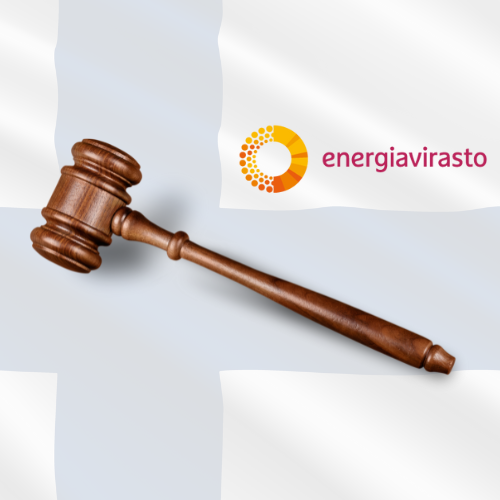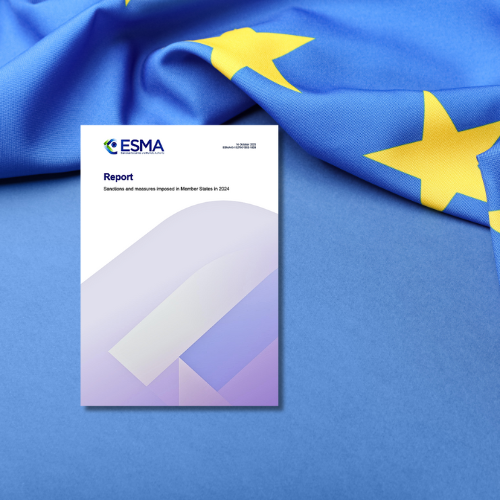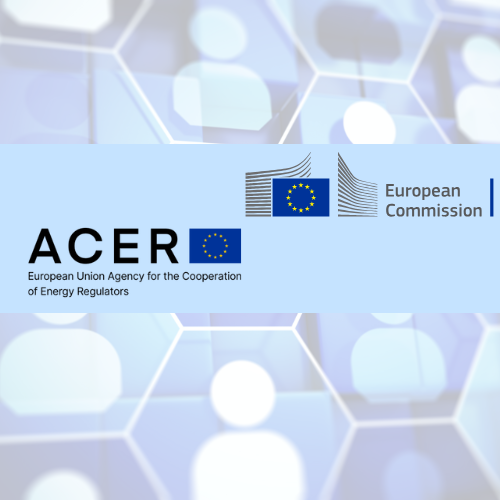MAR and MiFID sanction enforcement overview
Across all the breaches of the various sectoral acts covered by this report, the highest aggregate amount of administrative fines relates to the violation of Article 15 of the MAR, regarding market manipulation. The bulk of the fines were issued in France (EUR 19,120,000 in aggregate across 17 administrative fines under Article 15) and represent around 65% of the total amount of administrative fines issued by France in 2024.
The highest single amount issued by settlement under the MAR in 2024 was imposed in Ireland by the Central Bank of Ireland for EUR 1,225,000 (click here) to a stockbroker who breached Article 16(2) of MAR by failing to put in place an effective trade surveillance framework to monitor, detect and report suspicious orders and transactions in relation to market abuse.
Zooming out - settlements were most common in MAR and MiFID II/MiFIR cases. Under MAR, regulators closed 45 matters by settlement (about 12% of all MAR sanctions in 2024). Under MiFID II/MiFIR, there were 31 settlements representing roughly 11% of total sanctions and measures issued under this regulatory regime. Germany issued the highest number of settlement with 26 (23 under MAR), followed by Bulgaria with 20 (17 under MiFID II/MiFIR).
On penalty size, the MAR story was steady year over year: EUR 45,946,421 in 2023 versus EUR 45,507,168 in 2024. MiFID II/MiFIR told a different story, jumping from EUR 18,258,028 in 2023 to EUR 44,498,264 in 2024, a surge helped by the nearly EUR 13 million BaFin fine issued to Citigroup.
In 2024, regulators issued administrative sanctions and measures across fewer Member States overall than in 2023 however MAR was the outlier. Its footprint expanded with actions in 24 Member States in 2024 versus 22 in 2023.
What is the definition of an administrative fine via settlement procedures?
These are a subset of fines where the procedure to reach the outcome was a settlement/accelerated route (typically an agreed resolution that can affect the amount and timing of the fine). In 2024, 94 of 975 outcomes (~10%) were issued using settlement procedures, mainly under MAR and MiFID II/MiFIR.
Several visual graphs provided by ESMA further illustrate the spread of fines across regulation and jurisdiction.
Total Amount of Administrative Fines by Regulation

Total Value of Administrative Fines by EU Country

Total Number of Sanctions and Measures by Regulation

Total Number of Settlements by NCA by Country

Annex 4.5 MAR and Annex 4.6 MiFID/MiFIR provide further information which we consolidate and present below.
Annex 4.5 - MAR
In 2024, 377 administrative sanctions and measures were issued under MAR in 24 Member States. Italy imposed the highest number of administrative sanctions and measures (80) followed by Sweden (48).
Total Amount of MAR Administrative Fines by Country

The total value of the administrative fines imposed in 2024 amounted to EUR 45,507,168. Of these, an aggregate value of EUR 3,316,419 (7%) was imposed via settlement procedures.
The highest administrative aggregate fines under the MAR were imposed in France (EUR 20,655,000), followed by Poland (EUR 4,032,761) and Norway (EUR 3,824,297).
The administrative sanctions and measures were mainly imposed for infringements of Article 14 of the MAR (regarding insider dealing and unlawful disclosure of inside information), Article 15 (regarding market manipulation), Article 17(1) (on the public disclosure of inside information), and Article 19(1) (regarding managers’ transactions).
MAR fines by Article

During this period, the total value of criminal fines imposed for infringements of the MAR amounted to EUR 72,246,679. During this period, Germany imposed the highest aggregate amount of criminal fines, EUR 71 369 238, which were imposed for infringements of Article 14 of the MAR, regarding insider dealing and unlawful disclosure of inside information, and Article 15, regarding market manipulation.
MAR Criminal Sanctions by Country

MiFID/MiFIR
In 2024, 294 administrative sanctions and measures were issued in 20 Member States under MiFID II and MiFIR. Greece imposed the highest number of administrative sanctions and measures (84), followed by Hungary (49) and Romania (30).
MiFID Fines by Country

In 2024, the highest administrative fine, amounting to EUR 12,975,000, was issued in Germany via settlement for breaches of Article 17(1) of MiFID II, regarding controls in relation to algorithmic trading. We review this enforcement in further detail below.
MiFID Fines by Year

Based on the data reported, most administrative sanctions and measures were imposed under Articles 16 and 24 of MiFID II, regarding organisational requirements, and general principles and information to clients, respectively.
MiFID Fines by Article

MiFID Enforcement deep dive – Algo Trading Controls in the spotlight
Germany issued the highest administrative fine in 2024 (click here), via a settlement procedure (EUR 12,975, 000, which represents around 80% of the total amount of administrative fines issued by Germany in 2024), to Citigroup for the violation of Article 17(1) of MiFID II, regarding controls in relation to algorithmic trading.
Background
On 24 May 2024, BaFin imposed an administrative fine of €12.975 million on Citigroup Global Markets Europe AG (CGME) for breaches linked to algorithmic trading systems and controls under German law transposing MiFID II Article 17 (algorithmic trading).
Public summaries, which are customarily light on detail, explain that CGME’s monitoring/management system for algorithmic trading had been outsourced to Citigroup Global Markets Limited (London) and failed to detect a manual input error (“fat-finger”) by a trader in May 2022, resulting in erroneous orders and market disruption.
The UK’s FCA also fined Citigroup for related violations (click here).
Implications for energy and commodity firms.
REMIT II (Regulation (EU) 2024/1106, 11 April 2024) amends REMIT to address the rise of algorithmic and high-frequency trading in wholesale energy markets and aims to align REMIT with financial-markets standards. The recitals state that trading technology is increasingly used and that its risks must be addressed in REMIT.
The new Article 5a - “Algorithmic trading” inserted into REMIT II establishes MiFID-like obligations for energy market participants engaging in algo or high frequency trading in power and gas markets including:
- Governance requirements over systems and risk controls suitable for scale and complexity;
- Business-continuity arrangements;
- Fully tested and properly monitored systems;
- Notification duty where a market participant that engages in algorithmic trading must notify its national regulatory authority (NRA) and ACER.
- Period ad hoc documentation requests by regulators who may require periodic/ad-hoc descriptions of strategies, parameters/limits, testing, business continuity, and outsourcing.
It is notable however that the Level 1 text of REMIT II does not mandate Level 2 regulatory technical standards akin to RTS 6 of MiFID II. This has made the proper legal alignment between REMIT and MiFID challenging. Many firms have opted to apply, where feasible, the practices mandated under RTS 6 for algo trading in wholesale energy products. Governance and control frameworks are still evolving in this respect.
'Fat Fingering’. Specifically on the topic of ‘fat fingering’, there are recent REMIT related cases that provide insights to NRAs oversight and potential implications. Specifically, the Norwegian energy regulator, NVE-RME, announced in February 2025 (click here) an enforcement action against Vattenfall for an erroneous trading incident (i.e. a ”fat finger” trade) in the Norwegian power market in 2022.
The CGME fine from BaFin is a perhaps a case study for how EU NRA’s and ACER may be inclined to assess REMIT II Article 5a compliance breaches. Regulators will likely expect not only the existence of policies to govern their algo or HFT trading, but also evidence that algos are tested, monitored, and controlled. Where algo trading is outsourced, firms will be required to demonstrate the effectiveness of that outsourcing arrangement.












